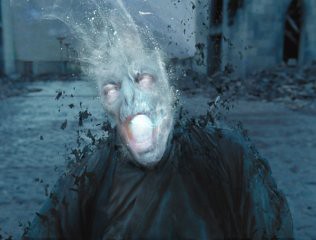- Thread starter
- #41
sashamerideth
 Maester
Maester
I think the idea of science fiction's life on other planets can have a good scientific basis. We have a good idea how evolution has worked on this planet. Evolution is a fact, and alternative evolution on a different planet is not just a possibility, but an expectation. There are scintific principles that can be applied to creating new species.



 Sage
Sage Auror
Auror